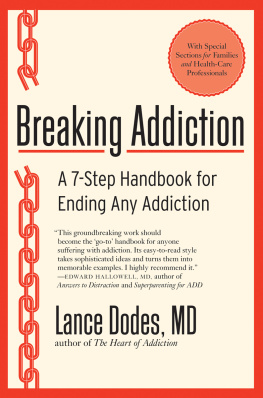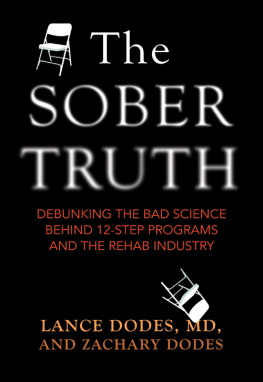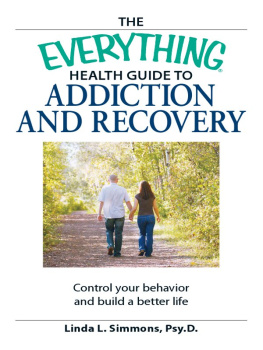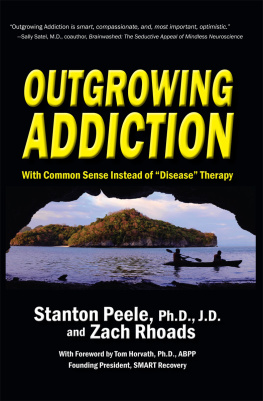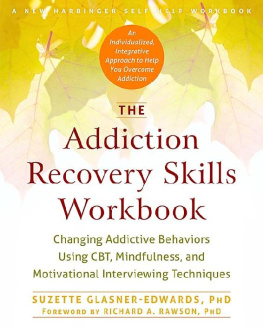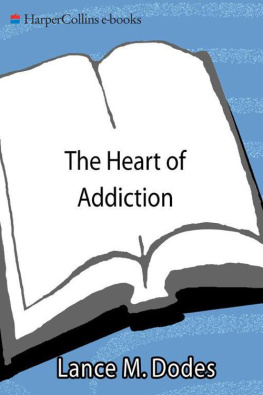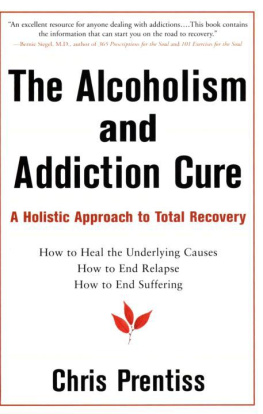For Connie
Contents
It was one oclock and Ron Golding returned to his desk from lunch to find a manila envelope sitting there, laid on top of the papers hed been working on. He looked at the outside of the folder. It was from Accounting. E-mail isnt good enough for them? he said with annoyance as he opened the envelope. Inside, there was a thick stapled pile of forms with a cover sheet. He glanced at the forms. They were filled with questions and boxes to be checked. He dropped them on his desk and read the cover note. Dear Ron, it began, We need to have these filled out by 5 PM and returned, signed. Its for the quarterly report and the legal people say it has to be in their hands today. Sorry! Beth. Now he dropped the letter and picked up the stack of forms again, stared at them, and finally sat down. Turning the pages of forms, he shook his head. Damn, he said.
Hey Joey, he called.
Joey was at his own desk only ten feet away. Yeah?
Hey, did you get a pack of crap to fill out for Accounting?
Joey made a gesture at his own desk. Yep, I got it.
Well I cant do it, Ron said. Ive got too much to do.
I know what you mean.
No, Ron said, you dont understand. I mean I really cant do it. Larry is on my back to get a draft to him by tomorrow morning. He leafed through the forms again. Theres at least an hour of work here. And look at it! Its idiotic. He shook his head again. Its just a damned waste of time. My time, your time, everybodys time.
Im with you, Joey said, but he turned back to his computer and seemed done with the exchange.
Ron ran his hand through his hair, and then picked up the phone.Ginny, he said when his wife answered, Im going to be late tonight... I know, but I have to stay and get this done... Probably about seven... Just tell the kids well make the fort tomorrow... I know... Yeah, see you then.
He leaned back in his chair. At that moment he knew what he was going to do when he finally got out of there. Ginny didnt like him coming home and drinking, but he sure as hell was going to get a drink tonight. At the bar on the way home. Maybe more than one. He looked down at the pile of forms. Yeah, definitely more than one. He sat forward. Now that hed decided to go drinking he felt less stressed. Now he could get to work.
What is addiction? We are barraged with theories that attempt to answer this question. If you suffer with an addiction or care about someone with an addiction, you may already have found that a lot of people are not able to get well with the usual treatment approaches. This book describes a new way of understanding and managing addiction that I have been writing about in professional journals for the past twenty years, and summarized in a previous book, The Heart of Addiction (HarperCollins, 2002). As the director or psychiatric consultant for four major addiction treatment programs, and as a therapist in private practice for over thirty years, I developed my ideas not by telling people what they should do, but by listening carefully to them to understand the reasons why they had an addiction, why it became so hard to control, and why it overwhelmed them when it did. Over time, I came to see addiction in a new way, one that is very different from older approaches. Indeed, if you are used to those older ideas you may find these new concepts a bit jarring. But since the publication of my first book these ideas and methods have been utilized by therapists and treatment centers and taught in educational programs around the country.
Breaking Addiction is the result of feedback Ive received indicating the need for a more hands-on, step-by-step blueprint to make this new approach more accessiblefor people suffering with addictions, for those who live with them and care about them, and for those who treat them. This book is also intended to help you if you are unsure whether or not you have an addiction, or if your interest is just to better understand the nature of addiction.
HOW THIS BOOK IS ORGANIZED
In Part One I will summarize how addictions work, continuing the story of Ron (above) to illustrate this. Ill turn, in Part Two of the book, to the individual steps in the mastery of addictionfrom the beginning to the end of the process, illustrating each step with case examples. The final chapter of Part Two is entitled Test Yourself; its designed to give you the chance to apply what youve learned to the stories of several people suffering with addiction. Part Three is a guide for family members and loved ones of people with addictions. As youll see, once you understand how addiction really works, you are in an excellent position to repair relationships and families that have been damaged by addiction. Finally, Part Four specifically addresses professionals who treat addiction, describing ways this new approach can serve as the foundation for professional treatment.
A New Way to Understand Addiction
Everyone knows that addictive behavior is not good for you. People who suffer with addictions may know this best of all, because theyve lived it. But addiction persists. Strange as it may seem, it must serve some purpose. In fact, its purpose must be so great that it is even more essential than avoiding the bad consequences of the addiction. It has to be more important than losing marriages, families, friends, jobs, and health. It has to be more important than losing your license to drive or to practice in a field that you care deeply about, more important than the pain of hurting people you love. What could possibly be worth all of that?
In terms of the outside world, the world of careers, family, and success, there is, indeed, nothing worth losing it all. The purpose of addiction must lie in the inside world, where what is at stake are feelings central to emotional survival itself. If this is the case, then nobody would be surprised to find that it overrules even the most important external causes. Lets return to Ron, from the introduction, to see how this works.
R ON
When Ron was seven years old he was playing in his room (that he shared with his older brother) when he heard shouting between his parents. This happened a lot. He caught many of the words when they were loud, but most of it meant nothing to him. Something about money, usually. But he felt the familiar sense of torn loyalties and he wished his parents would just stop. The noise ended and a moment later his mother came into the room.
Ron, I have a headache and Im going to lie down. Company is coming over and I need you to straighten up the living room. And put the bathroom towels in the laundry, please.
Im in the middle of building a Lego castle, Mom.
I really need you to do this for me now.
Can I just finish this part? Look, seeIve got the wall all up on this side, and...
Ronald, I need you to do this right now.
Can I just show you?
But his Mom had turned around and was walking up the hall to her room.
After cleaning up, Ron was returning to his room when his father saw him.
Hey, Ron, come here.
Ron walked over and looked up at his father.
Listen, Ive got to take your brother to his baseball practice so I need you to take out the dog.
Aw, Dad, Im in the middle of building a castle.
Sorry, kid, plans have just been shaken up. Your mother was going to take Ben to practice but now Ive got to do it.
Aw, Dad, do you have to go right now? The castle is standing up and I just need to...
Talk to your mother about it, his father said, grabbing his keys from the side table before going out back to get Ben.
When Ron was twelve years old his parents fighting had increased. There was trouble with Ben, who was now a fourteen-year-old giant and rarely listened to either parent, which seemed to Ron to make things that much worse in the home for everyone. Ron had regularly fought with Ben over the years the way brothers do, but now it was worse because there was no fighting. Ben just ignored him. Ron did his best to interest Ben in anything Ron could think of, but capturing his older brothers attention was a lost cause.
Next page
